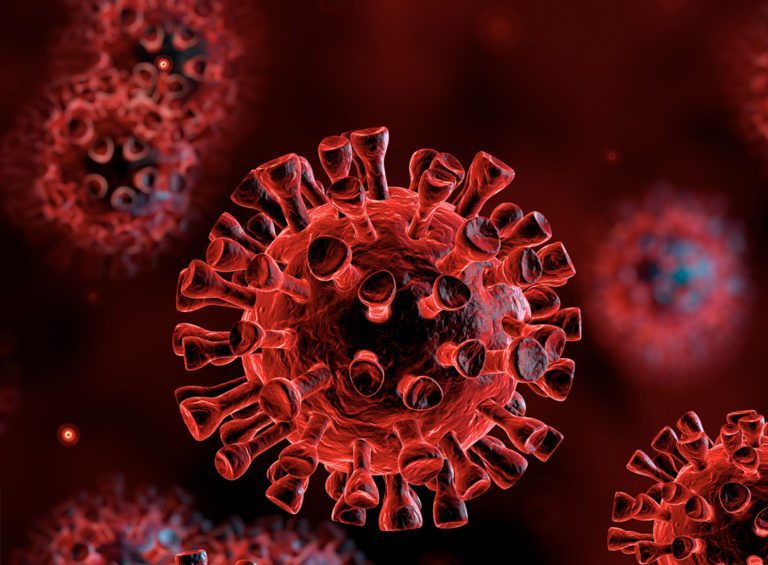“Groundbreaking” study at Qatar’s Sidra Medicine reveals how mutations of the novel coronavirus could provide false test results.
Sidra Medicine identified a new mutation in the SARS-CoV-2 genome that may cause a false-negative Covid-19 test result.
The findings, published in the Journal of Clinical Microbiology, indicate that some of the Covid-19 strains spreading in Qatar could mutate and thus slip from being detected when conducting tests.
“The Sidra Medicine team noticed samples from several unrelated patients were positive for only one viral gene target, which led them to suspect that some of the viruses circulating in Qatar may have this common mutation,” said the hospital in a statement.
In the study, the medical team at the hospital found a new mutation in a commonly used gene target for Covid-19 detection while examining the genetic sequence of the virus.
They learned that “the same mutation was present in viruses recovered from epidemiologically unrelated individuals,” the journal said.
The latest discovery has not yet been reported by any other country, according to the Sidra Medicine report.
Read also: Covid pill? Pfizer begins human trials for tablets to treat coronavirus
“The study calls to action for testing centres worldwide to monitor mutations in the virus and ensure that testing methods are up to date, and based on multiple gene targets to avoid possible false-negative results,” a statement noted.
The study was conducted in a collaboration led by teams from Pathology and the Genomics Core at Sidra Medicine as part of the hospital’s contribution in supporting national and global efforts to handle the pandemic.
“Since the beginning of the pandemic, worldwide laboratory testing to detect Covid-19 by real-time reverse transcription PCR (RT-qPCR) has played a central role in mitigating the spread of the virus,” said Dr. Mohammad Rubayet Hasan, Clinical Molecular Microbiologist from the Pathology Department at Sidra Medicine, who led the study.
“Soon after the viral genome sequences were available, several RT-qPCR assays were developed and made available by the World Health Organisation for public use,” the doctor said.
“However, the large-scale sustained person-to-person transmission of Covid-19 has led to many mutational events, some of which may affect the sensitivity and specificity of available PCR assays (tests),” he continued.
Incorrect test results could deceive health authorities and lead to inaccurate registered numbers of daily cases.
However, Dr. Hasan highlighted that the currently used testing methods have significantly contributed to limiting the spread of the virus through early detection, as well as tracing suspected or exposed cases.
Read also: UK strain triggers second Covid-19 wave in Qatar: official
“The specific mutation specified in the study originated at a viral gene utilised by a WHO-recommended assay developed by the Centers for Disease Control and Prevention (CDC) in the United States,” he noted.
Dr. Patrick Tang, Division Chief of Microbiology at Sidra Medicine considered this study a testament to the efficacy of Sidra Medicine’s research expertise.
“We remain committed to tackling this pandemic. Our efforts are backed by ongoing innovation and a drive to continually enhance current methods. I am very proud of our ground-breaking findings and research that will help the population in Qatar as well as the global community,” he added.
The latest findings shed light on the importance of testing for multiple SARS-CoV-2 gene targets and rapidly investigating any unusual results with genetic sequencing.
“Fortunately, the prevalence of this novel SARS-CoV-2 mutation in Qatar is low, and it is unlikely that such viruses will escape detection locally because Covid-19 testing in Qatar is almost all based on detecting multiple viral targets,” continued Dr. Tang.
Follow Doha News on Twitter, Instagram, Facebook and Youtube







